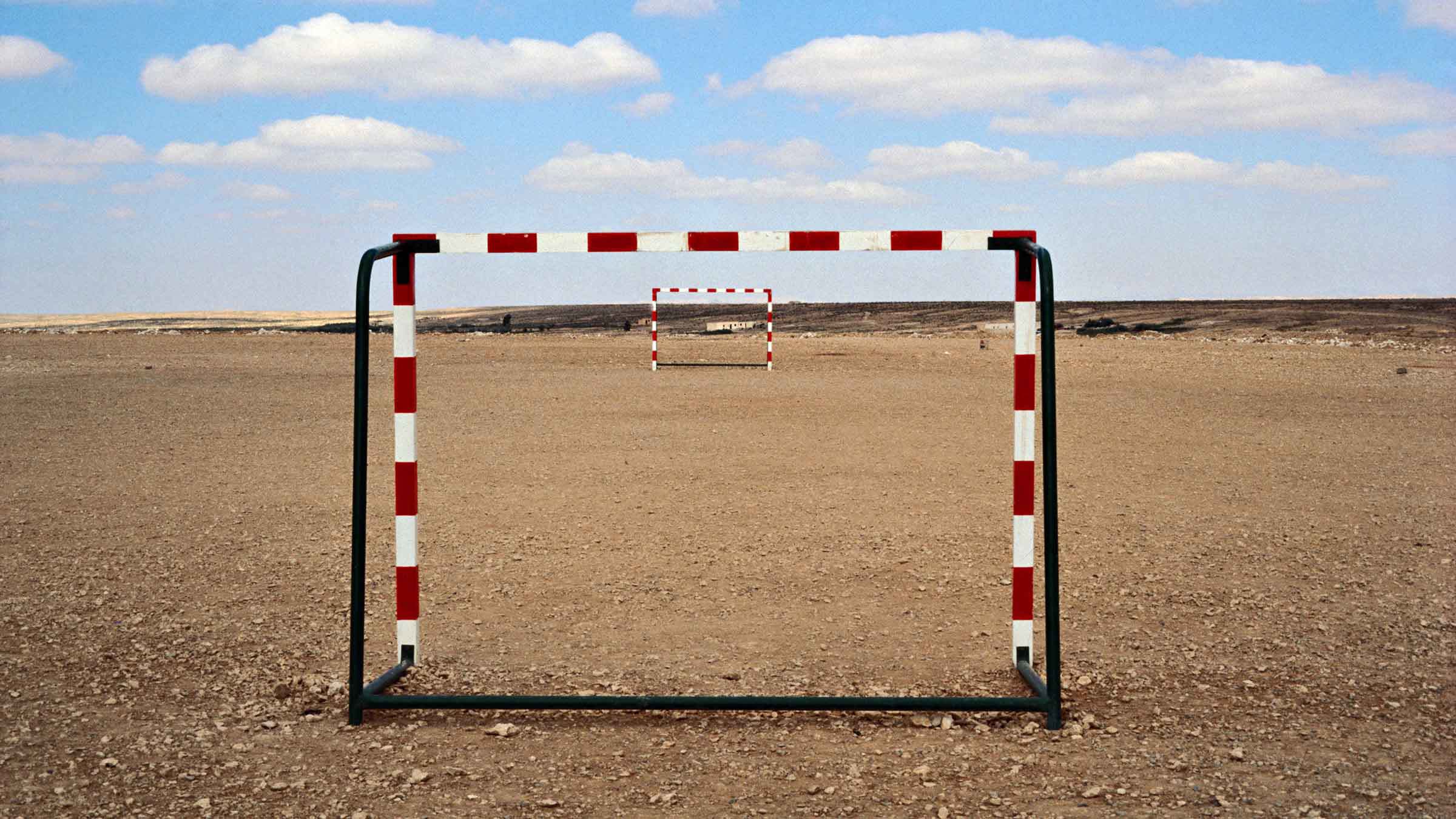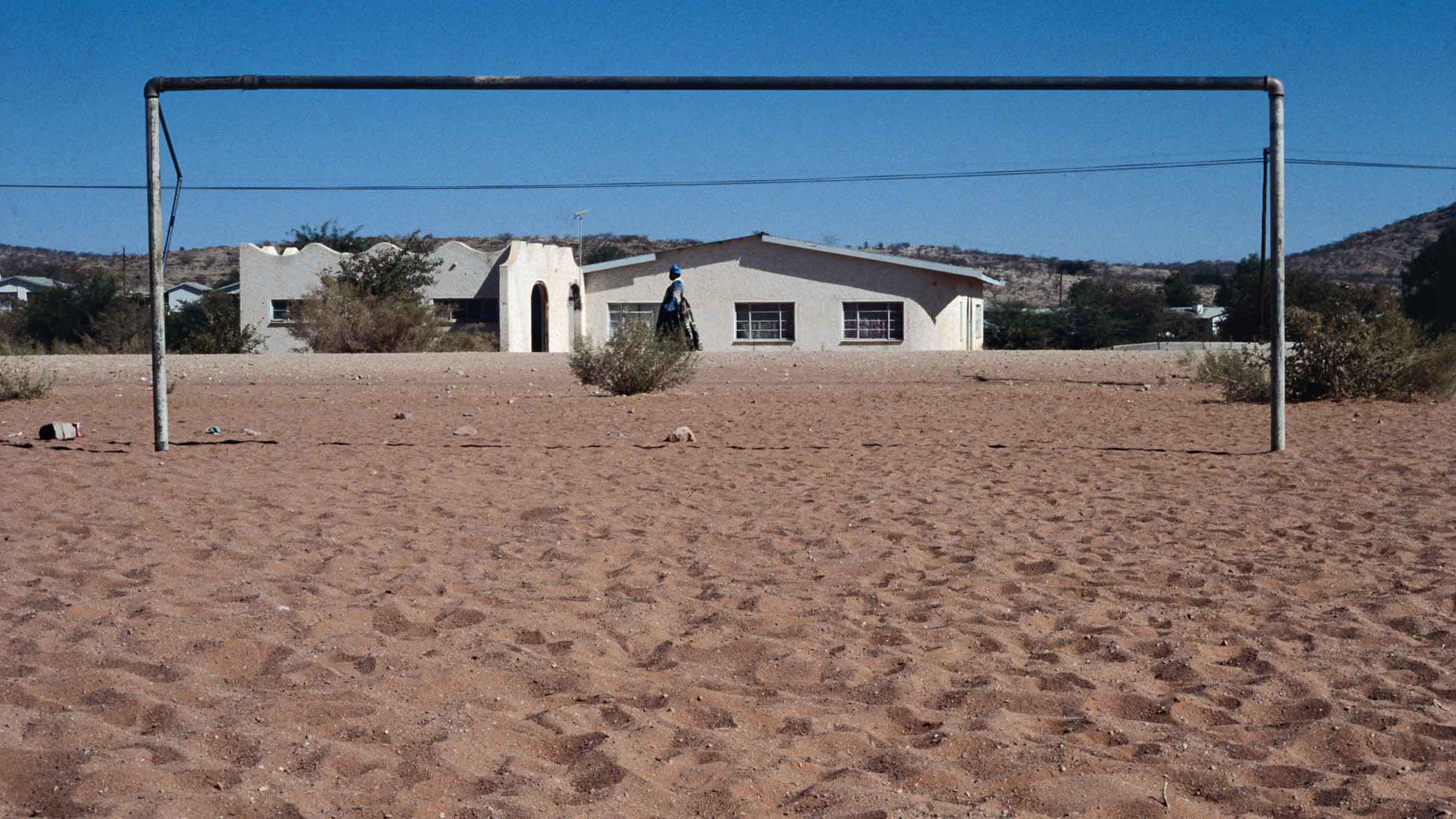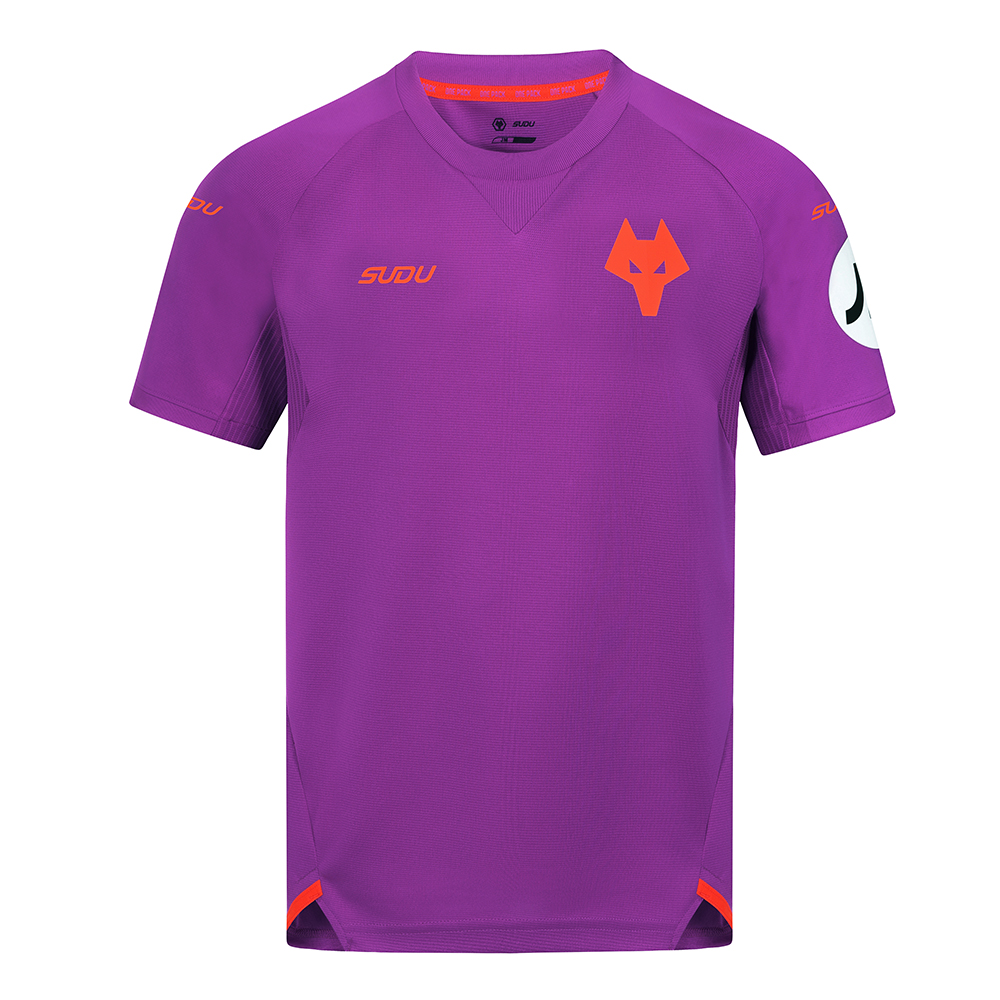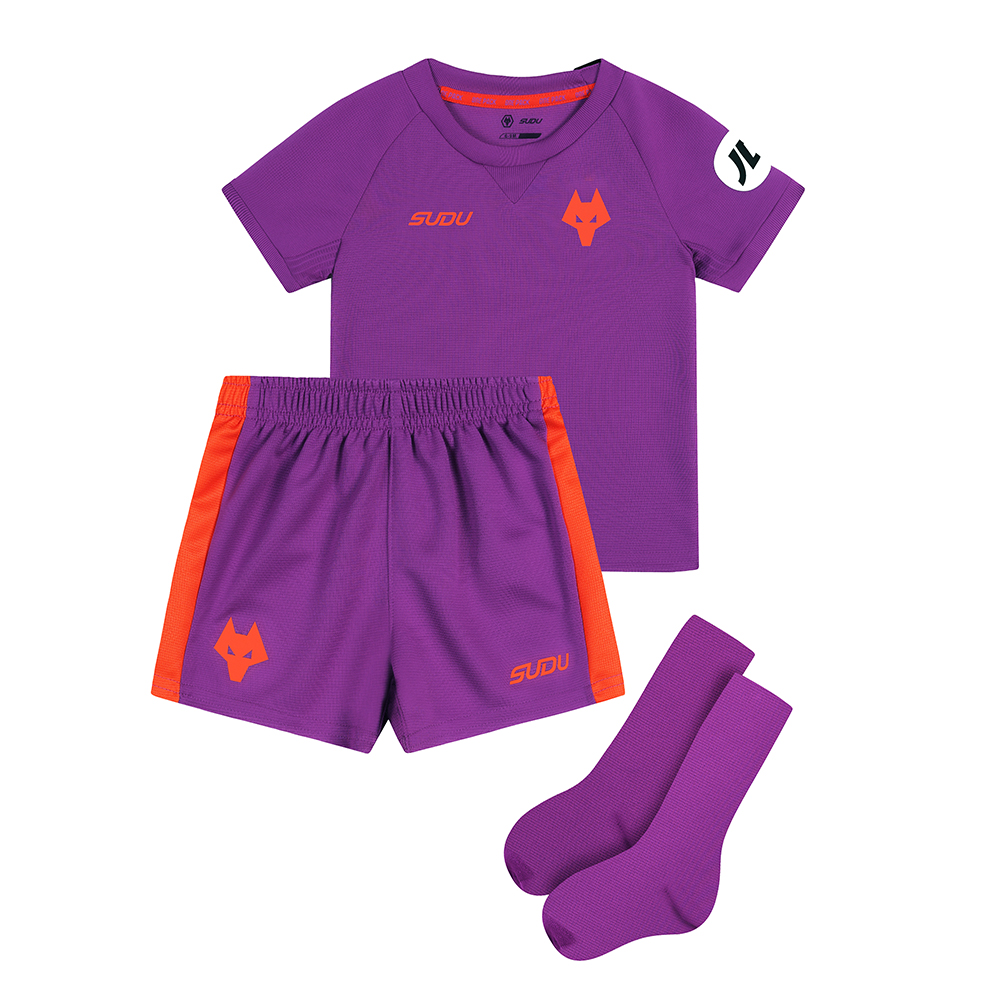Wolves’ club historian, Peter Crump, will help bring football images to life in a special one-off talk at Wolverhampton Art Gallery.
As part of the ‘Football: Designing The Beautiful Game’ exhibit running at the gallery until September, which is delving into the remarkable design stories behind the world’s number one sport, Crump will host a conversation with artist Neville Gabie on Saturday 27th July.
The free talk will see Crump will speak to Gabie about his series of photographs in the exhibition Posts, an ongoing body of work that he has developed over the last 25 years.
The exhibit features a series of football photographs, devoid of action, that are intended as a reflection on the universality of our desire to play, no matter where.

Born in Johannesburg, South Africa, Gabie has an MA in Sculpture from the Royal College of Art, London and his work is included in Tate Gallery, Arts Council Collections and The Olympic Museum, Lausanne, Switzerland.
Working in a range of media from sculpture to film and photography, Gabie’s practice is frequently inspired by a response to specific locations or situations. From highly urbanised to distantly remote locations, his work is a response to the vulnerability of place and his interest is in establishing a working relationship within a particular community as a means of considering its physical, cultural or emotional geography.
The talk will take place between 2pm and 3pm on 27th July, and free tickets can be claimed online by clicking here.

One of several footballing events running at Wolverhampton Art Gallery, Wolves fans may also be interested in attending a guided tour of the wider Designing the Beautiful Game exhibit on Saturday 24th August with renowned sports historian Professor Jean Williams, as she focuses on the history of women’s football, between 11am and 12pm.
Williams will also host an inspiring lunchtime talk a few hours later, as she delves into the rich history of the England women’s national team, in ‘Legendary Lionesses: The England Women’s Football Team, 1972–2022’.



















